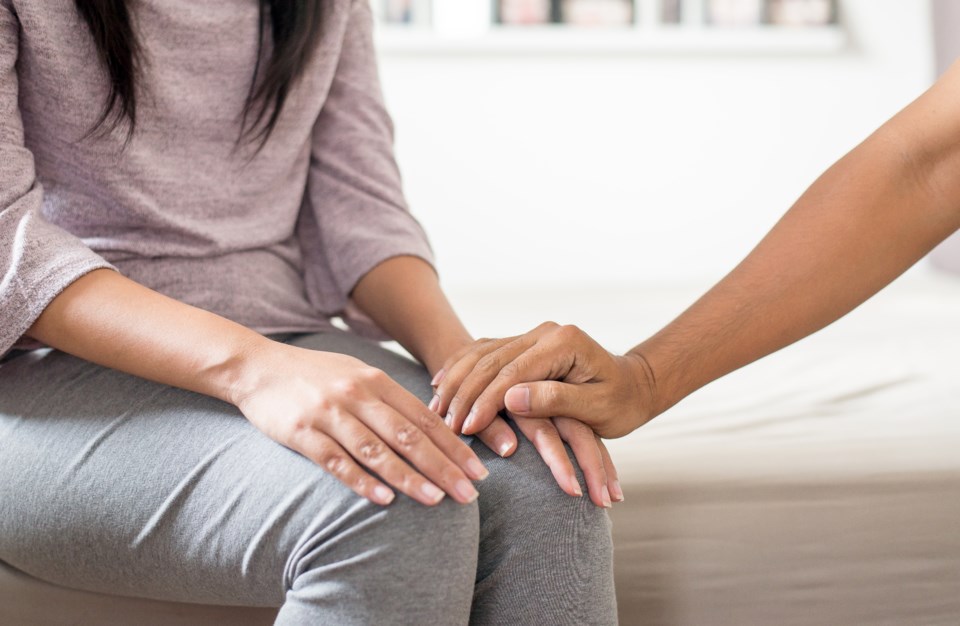The words ‘domestic violence’ and ‘addiction’ often have a stigma attached to them. To remove the negative associations, we must learn to use a different lens.
For example, many women who have experienced violence prefer to be called ‘survivors’ of violence because it provides hope and empowerment. Similarly, people with addictions prefer not to be called ‘addicts’ but rather someone with a substance misuse disorder, experiencing an alcohol or drug problem, or who is an addictions survivor.
“Many women do not want to be referred to as a ‘victim’ because the term stigmatizes them and traps them in a category that is helpless and passive. In the same way, people who have addictions resist the term “addict,” Community Counselling Centre of Nipissing (CCCNIP) Executive Director Alan McQuarrie says. "These terms stigmatize people by depersonalizing them and putting them in a category that is different from the rest of us.”
The words we use matter. “Sometimes, for example, we use the word ‘clean’ to describe a person who is no longer using substances. However, the downside of that term is it obviously insinuates that users are ‘dirty,' McQuarrie explains,
It is likely that the words ‘victim’ or ‘addict’ are used to protect people from the reality that they could one day experience violence or substance misuse disorder themselves. "What’s more is that everyone has a ‘story’ that has brought them to where they are now. For many with addictions, there may be trauma or other pathways that have brought them to their substance use.”
When it comes to stigma, calling a person an ‘addict’ or a ‘victim’ creates a label that can be very unhelpful and insensitive. These labels carry negative connotations about character and identity that are hard to escape.
“They also create barriers to recovery by trapping people in a negative stereotype. Stigma depersonalizes people both for themselves and for others," McQuarrie says. "The labels take away the richness of experience and the complexities of trauma and life experience that have brought people to where they are today. Stigma leads people often to blame the person with the label for what they are experiencing.”
Are you a survivor of domestic violence or have a substance use disorder and need support? CCCNIP offers a wide range of services from addiction services, counselling for both men and women in the areas of domestic violence, Employee and Family Assistance Program and more.
Due to the ongoing pandemic, CCCNIP is offering services by phone and video. To speak to an intake worker and be assigned a counselor, please call 705-472-6515 ext. 246.
CCCNIP is a safe and non-judgmental environment; if you need help, call the Centre today.
